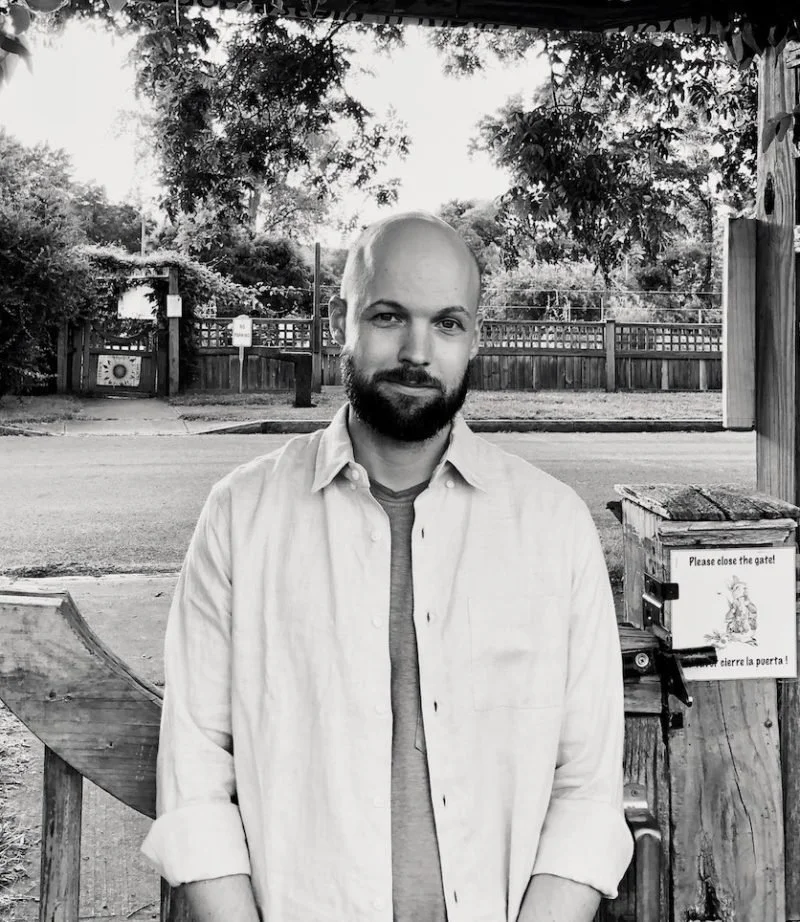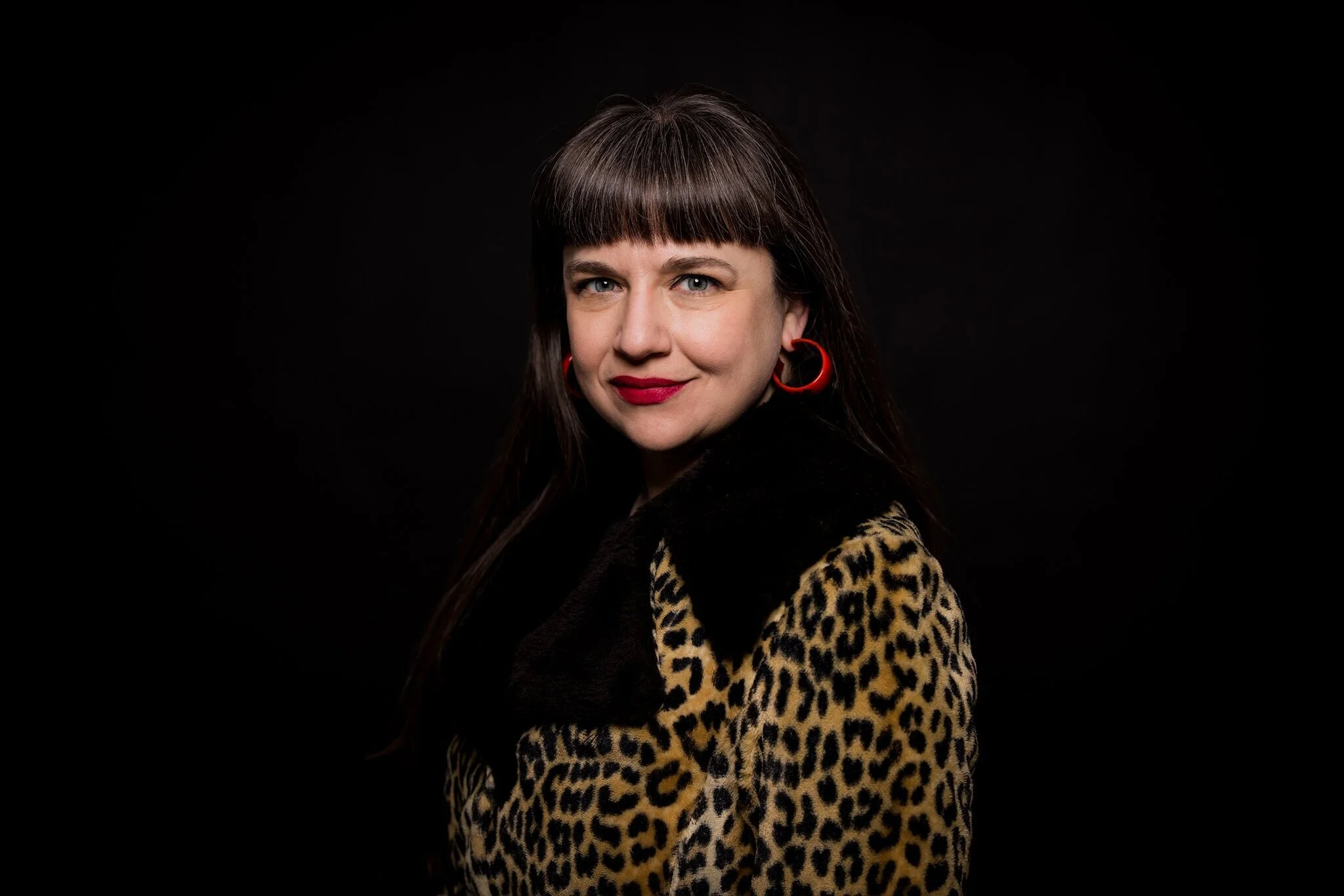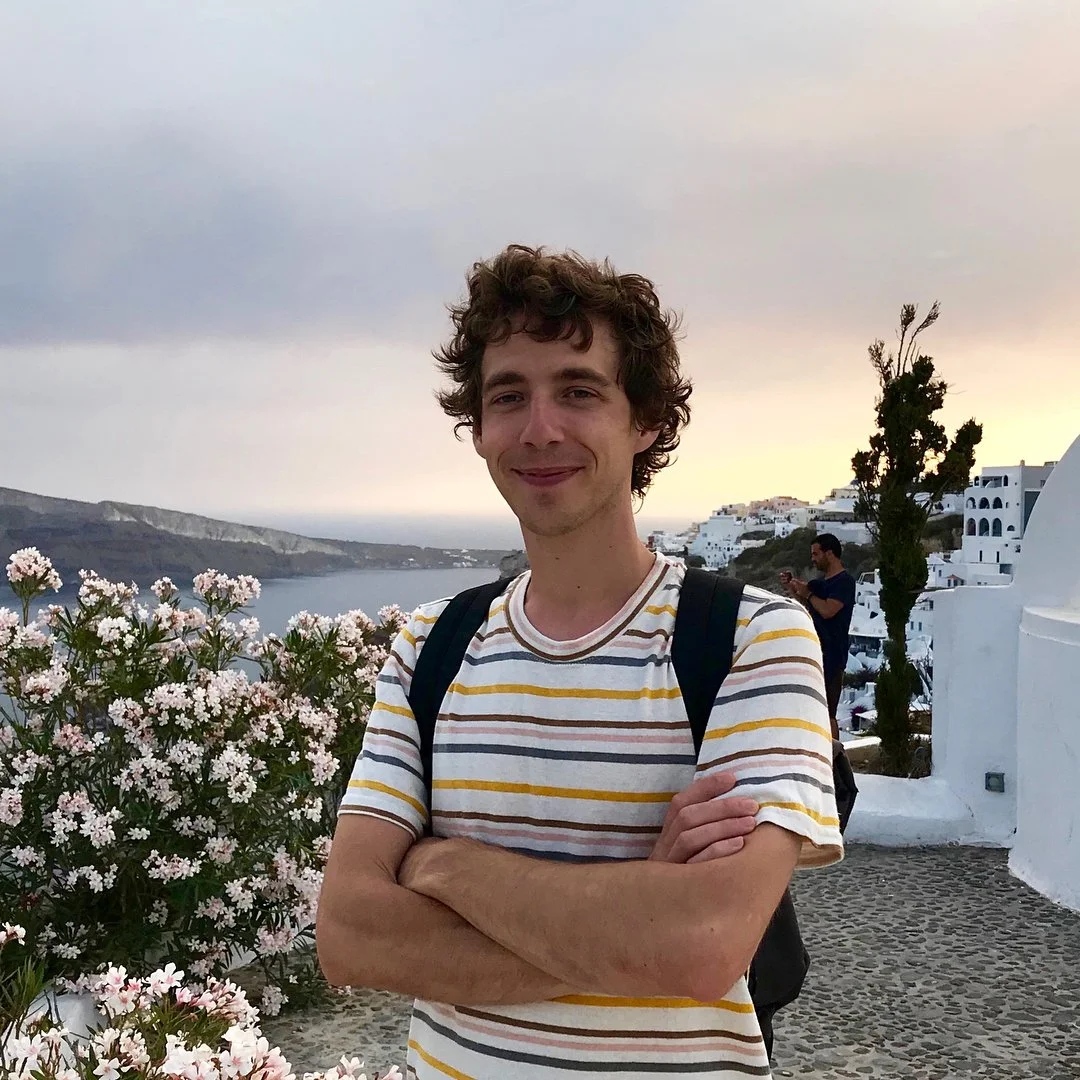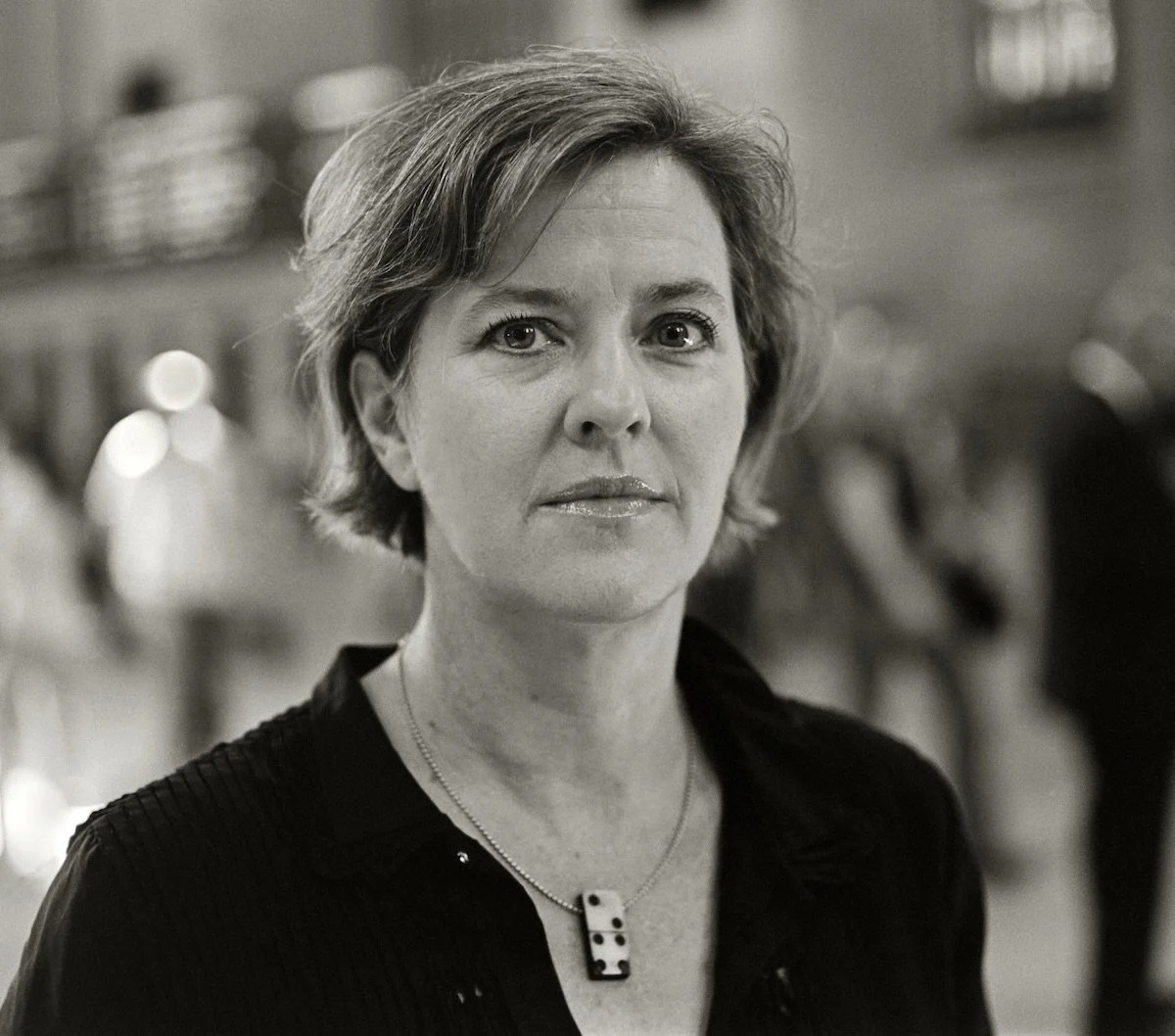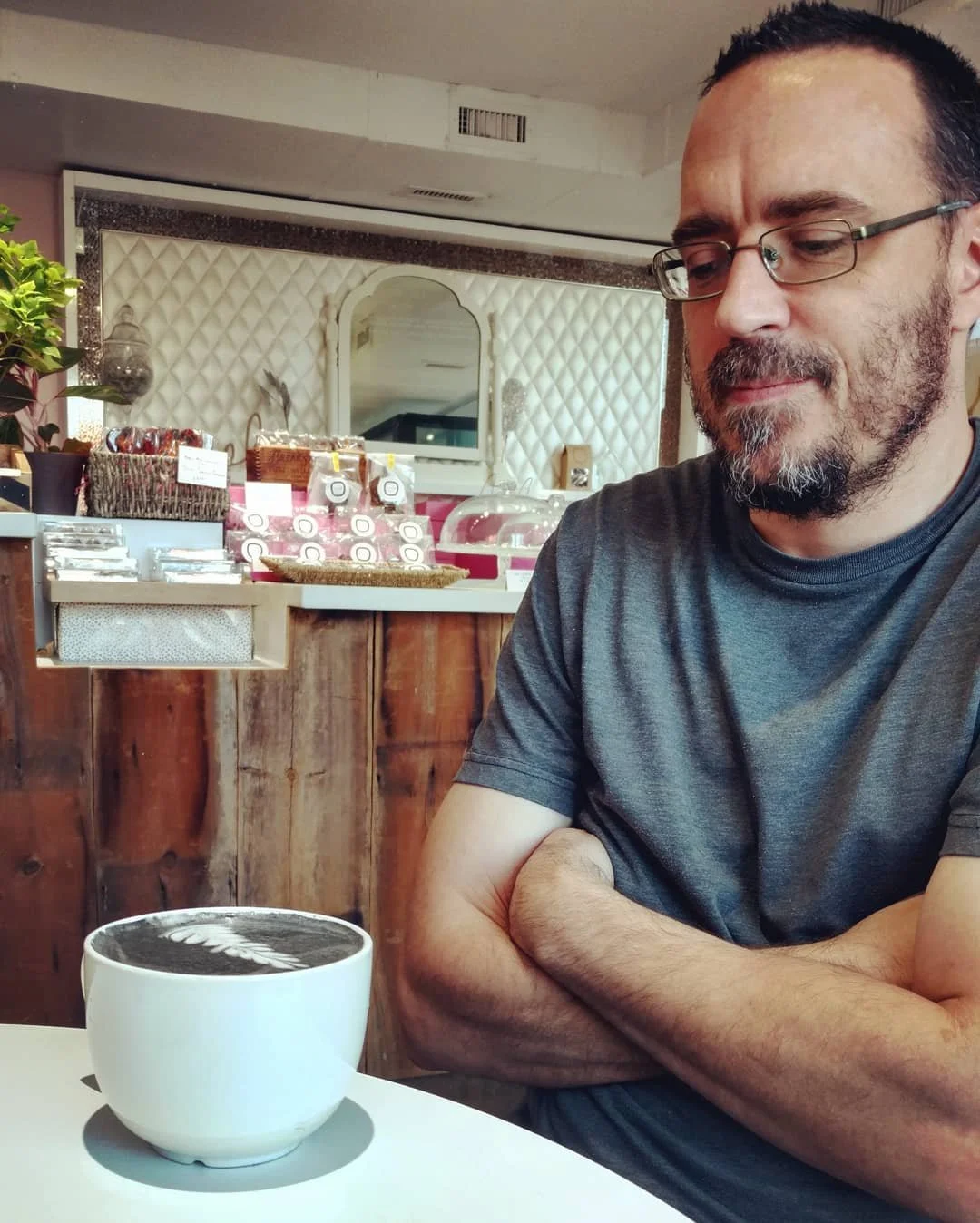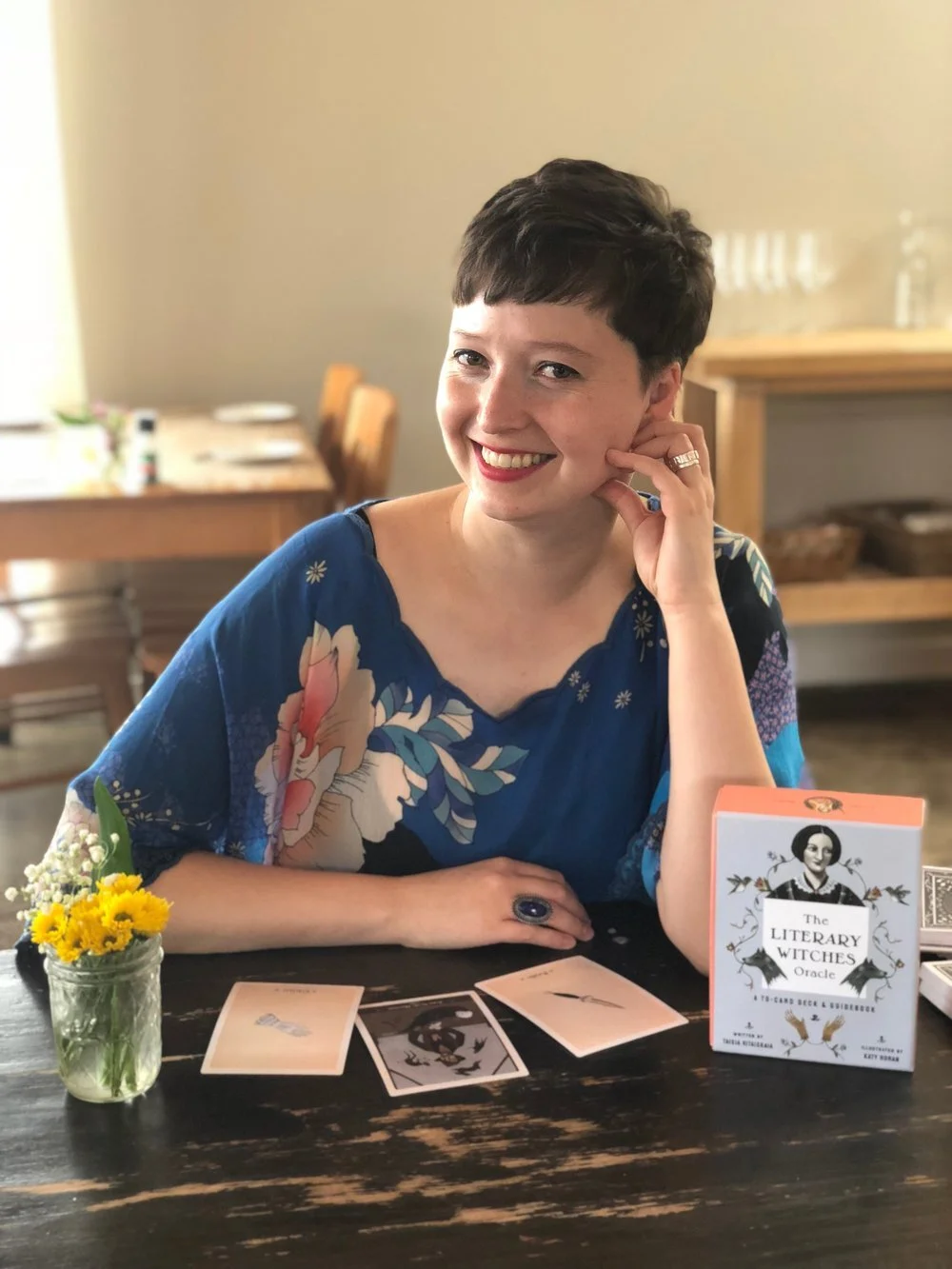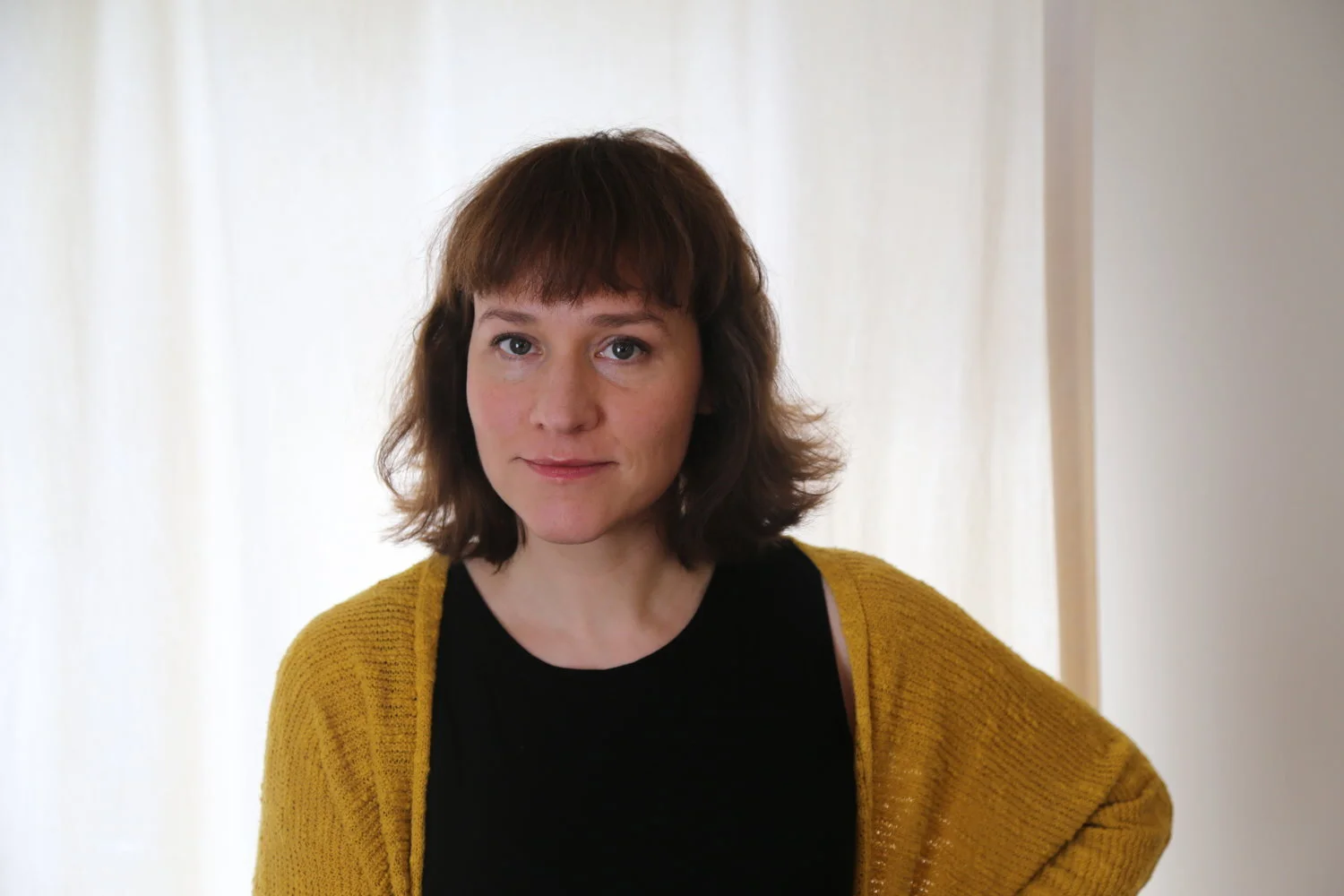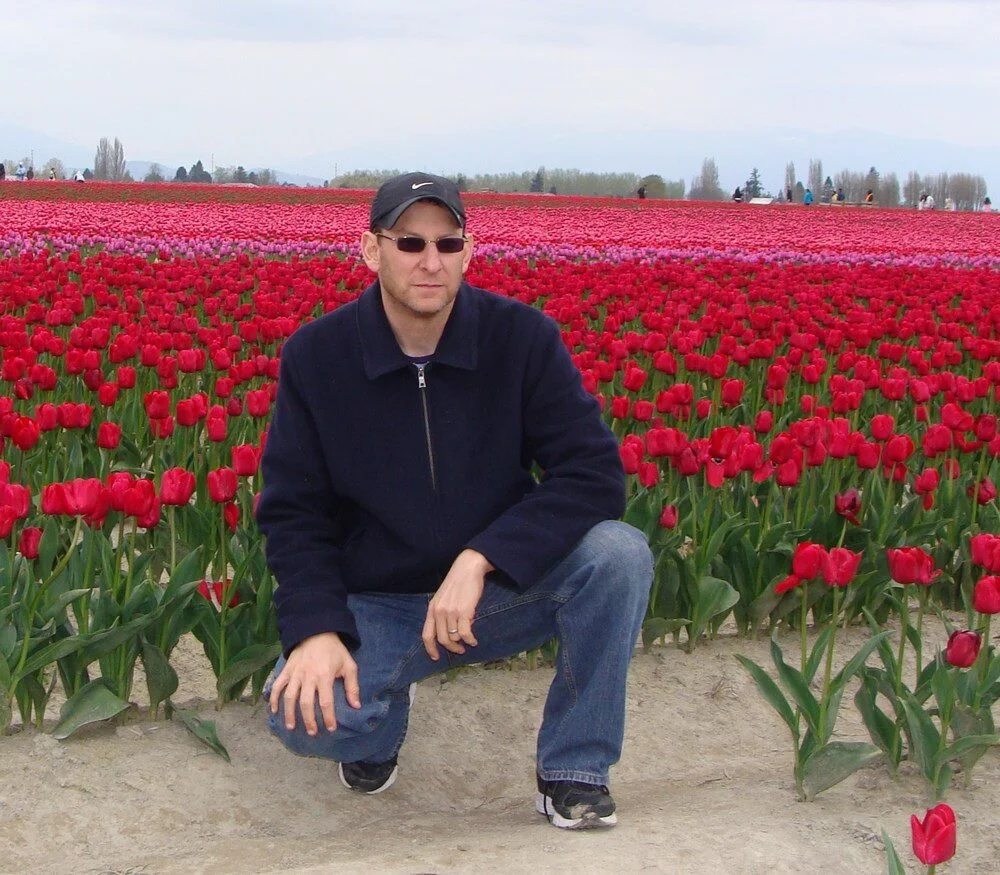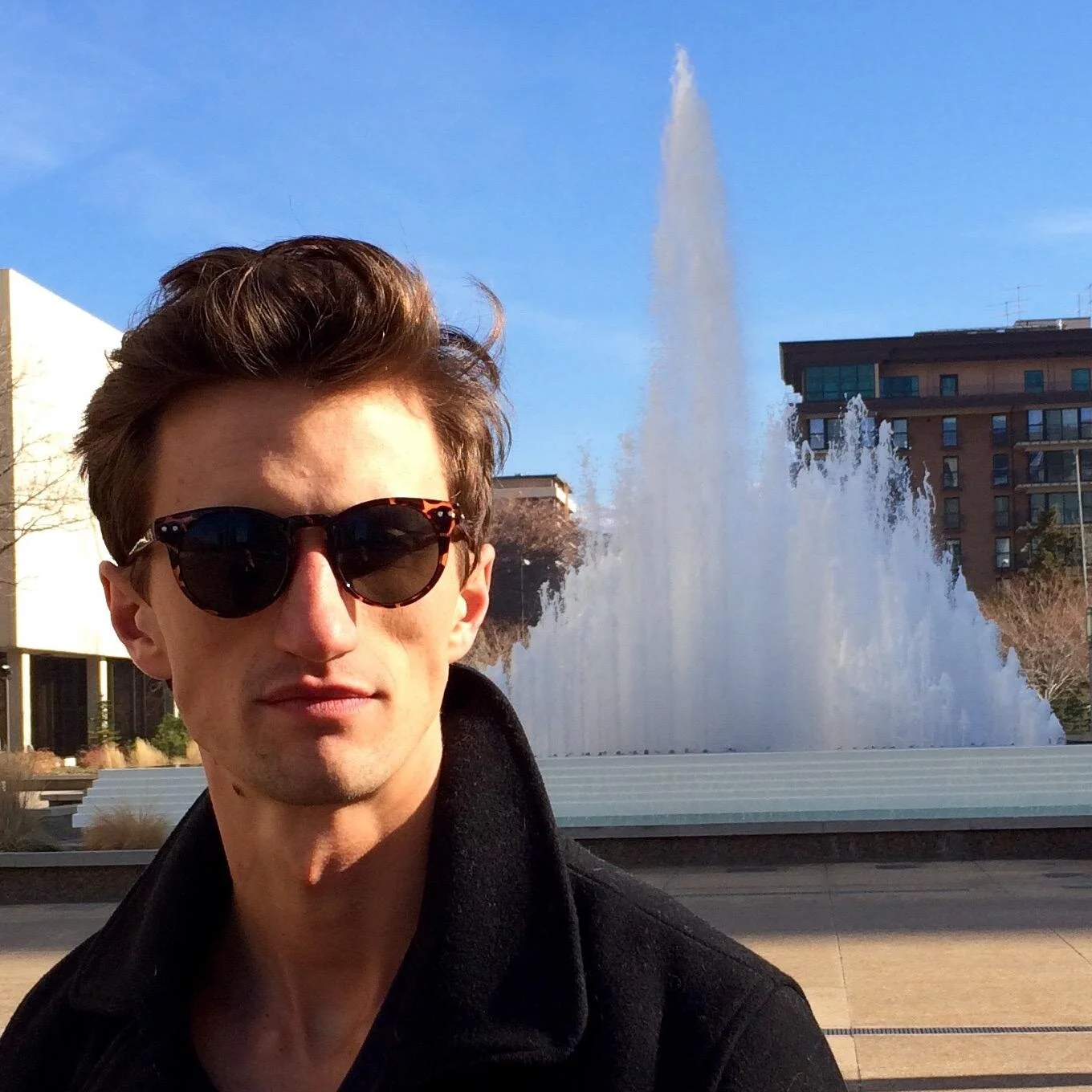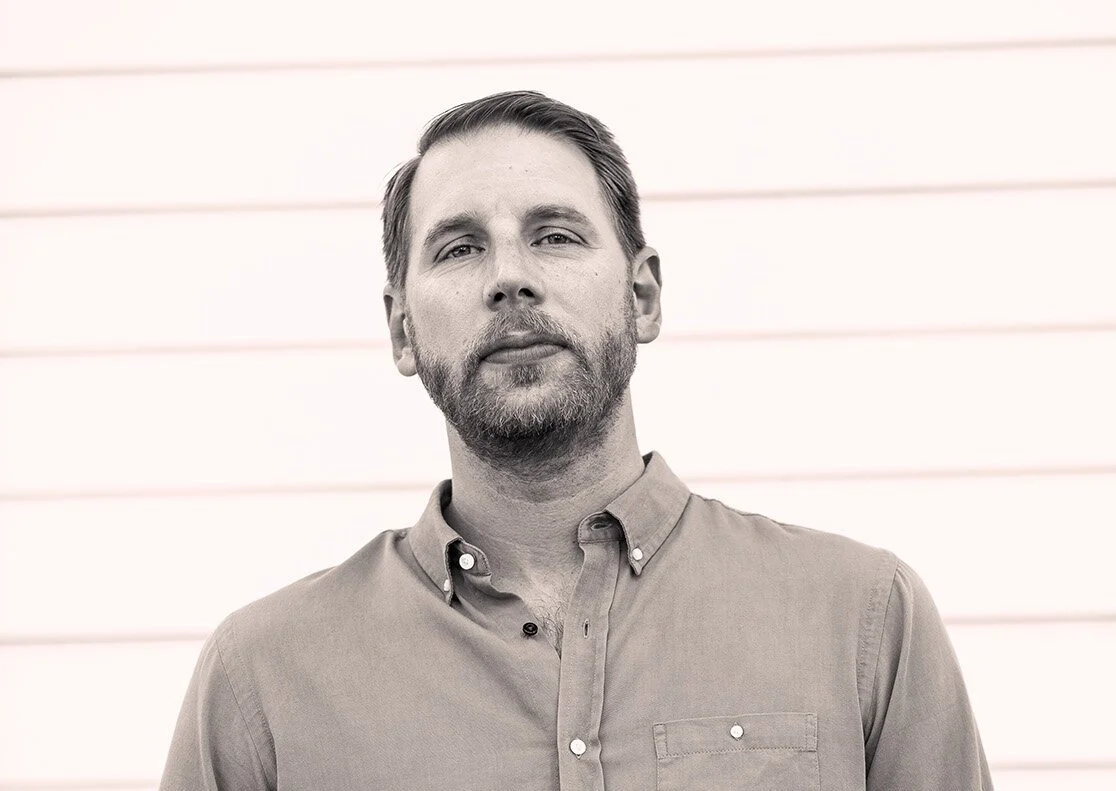I first read the work of P. Scott Cunningham earlier this year, when his poem ‘Anecdote’ was floating around Poetry Twitter™. Absurdist and narrative in style, I read it a batch of times and sought out more. ‘A Story about a Marriage’, in particular, knocked me on my ass. I eventually requested Cunningham’s debut collection, 2018’s Ya Te Veo (University of Arkansas Press), through my library’s Interlibrary Loan and racked up a late fee for keeping it longer than deemed acceptable. Contained within the Miami resident’s debut collection is an eclectic display of imagination and insight. Through music, movies, video games, paintings, and more, the book draws from a seemingly bottomless well of inspiration. Along with an impressive debut, Cunningham publishes books through Jai-Alai Books, organizes an annual festival through O, Miami, assists with community literacy/outreach, and has even conducted a TED Talk. In our interview, I spoke with Cunningham about the patience of working on a debut collection, surrealism, his IMDB page, how he wears multiple literary hats, and more.
Let's begin with an icebreaker. If you could be a fly on the wall of an artist (living or dead) during their creative routine/process, who would it be and why?
I wouldn't pick a writer because I don't think you'd probably learn much from being a fly on the wall, so I'd probably pick the filmmaker Jean Renoir. His process, from what I know of it, was very collaborative and joyful, and I love his films. I think I would really enjoy being around him.
How long had you been submitting the manuscript of your debut collection before it was picked up?
About 9 years. I was learning how to write a poem during that time (and I'm still learning), but also, I think my process is pretty slow. In the end, the book ended up in a great place, University of Arkansas Press, and it ended up in the form I think it always should have ended up in, which is partly due to the fact that I had a great editor, Molly Bess Rector. So I wouldn't change anything in retrospect.
Given this stretch of time, once the book was finished, did you find yourself working on book two before book one was even accepted, or was all of the focus on book one until that acceptance was reached?
All the focus was on finishing book one. The book changed a lot over the 9 years because I kept putting new poems in and taking old poems out. If the book hadn't been taken, I'm sure I'd still be doing that, which is why I felt a tremendous sense of freedom when it was finally done. All of a sudden, I felt like I could do whatever I wanted as a writer for the first time in years. I'm still inside that after-glow, to be honest, but I can feel it fading, or changing. The old anxieties are beginning to creep back in! Which is also good. Anxiety keeps you on your toes.
Now that the book is out in the world, what are you currently working on?
I'm writing poems, but I don't know how they fit together yet. Some of them are about my daughter, who is 2. Some of them are about Miami. I've also been writing short essays about Miami. So this could be one project or two or three or none. It's too early to tell, and I'm trying to just enjoy the work and not put too many designs on it.
Your world is books. Publishing, festivals, and your own poetry. Is it hard to find time to enter the blank page when you've had a day/week/month of literary 'work'?
Yes, finding time to write during certain parts of the year is tough, but I think everyone who works for a living has the same problem. Even poets I know who live off of touring and writing have to make space for the actual creation. I'm lucky in that I do work inside the literary world, which has a lot of ancillary benefits for the poet side of me. I've gotten to meet many writers I admire, and I can always chalk up reading new books as work research.
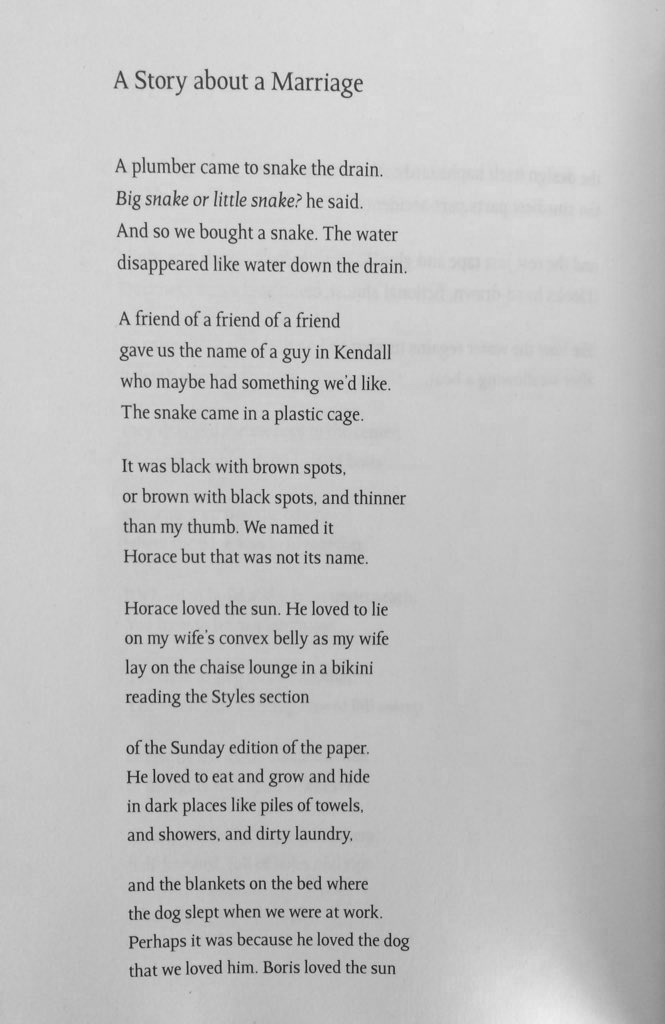
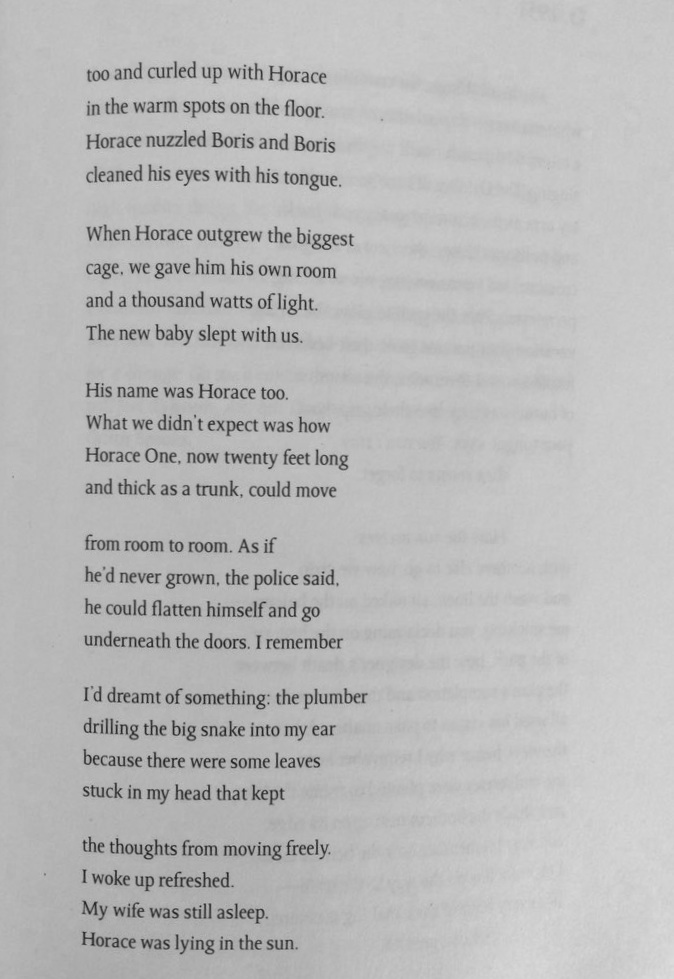
via Tupelo Quarterly
I was surprised to find an IMDB link on your website. Can you talk a little about your work with film? Any film possibilities in the future?
Film was my first love. It was the art form I always assumed I'd be working in when I was in high school and college, but then I worked in film after graduating, and I didn't particularly enjoy it. What I enjoy, it turns out, is watching films and thinking and writing about them. And now I do that through poems. Maybe I'll start writing prose about film again. (I wrote a lot of it in college and just after - I had a moment where I thought I might go into criticism.) But it's hard to see myself making a movie at this point in my life. I know a lot of people who make films and the amount of work they put into it is staggering. That would be time I wasn't reading, or writing, or spending time with my family. So unless my family makes a movie together, I don't see myself doing it. I put the IMDB link on my website partly as a joke, but I'm also proud of my time as a gopher on the set of such classic films as High Crimes, Kung-Phooey, and Haiku Tunnel.
You're based in Miami and dedicate a large part of your life to promoting literacy and poetic creativity to the city. Given as how you were just in Spain, how does location influence/effect/inspire your work, your career, your worldview?
Miami has given me so much, I can't even calculate it. I'll never be able to repay Miami for what it's done for me. I love this city and its people, and in all of my work, I try to celebrate this place in ways that honor it. Of course, it's always good to travel because that's how you see your home clearly. So Spain was wonderful, and a needed change of scenery, but I was very excited to get off the plane and feel my humidity.
Your debut collections is strongly inspired by music, film, and paintings. Have you always been drawn toward multiple art mediums? Is ekphrastic writing a common practice for you?
I can't remember a time in my life when I wasn't obsessed with art in one form or another. I've tried and failed at a lot of them because I was lucky enough to discover art in many different mediums that moved me and inspired me to try it. For better or for worse, I've always wanted to be engaged with art-making. Poems, songs, films, etc have given me so much, and if I can ever create something that does the same thing for someone else, well, that would be wonderful.
Stepping into the surreal for a bit, you have a surreal piece titled 'Against Surrealism' and various additional elements can be found throughout your work. What's your history with distorting reality? Has this always been a prevalent factor with your pen?
I did a reading at a middle school one time, and afterwards, a student came up and accused me of being a surrealist…which took me by surprise. I don't consider myself a surrealist, and I wrote that poem because I very much agree with César Vallejo that there's a kind of surrealism that willfully ignores the pain and injustice present in the world. But clearly, I'm doing something similar to surrealism in some of the poems! And I guess the part of surrealism that speaks to me is how our inner emotional states can't always be represented by the quotidian.
via Sinking City
Outside of your own work, who/what have you been reading recently?
I just started reading Bruce Snider's collection Paradise, Indiana, which I think is pretty extraordinary and not praised nearly enough. Fiction-wise, I'm reading Madeline Miller's Circe, which is wonderful, and I just finished Sally Rooney's Conversations with Friends, which was also wonderful. I've also been reading a bunch of non-fiction books that don't fit into any neat genre categories, particularly stuff by Etel Adnan and Bhanu Kapil.
If you can, please describe your workspace. What are some essentials while you create?
My workspace is just a café called Panther Coffee. I like white noise, and I'm definitely addicted to caffeine. So I'll arrive in the morning, read, and then start writing. But because I have a kid and a full-time job, I've made myself be more flexible about how and where I draft poems. So I'll write poem on my phone if I have to. Anything to get it out.
For this ongoing author interview series, I'm asking for everyone to present a writing prompt. It can be as abstract or as concrete as you choose.
I invented a form I call the "zip ode," which is an ode to where you live in the form of your zip code. Write your zip code down the left-hand side of the page. You now have a five-line stanza. Each number is the number of words you can use in that line. If you have a zero, that's a wild card, and you can use any number of words or sounds between zero and nine. The poem should be about where you live, in one way or another.
In closing, do you have any advice for writers trying to grow in their craft and/or get published? Or rather, what's something you would have like to have known when you first started taking your writing seriously?
I don't think I have anything revolutionary to say on this front. Read as widely and deeply as possible. If you think you're not doing that, pick a writer and read every single thing they ever wrote, including essays, reviews, letters, etc. Pick a writer you're not interested in at all, put your preconceived notions aside, and read deeply and sympathetically. If the process of writing is not a process of discovering yourself and the world around you, the poems probably won't do much for the reader. And finally, be patient. Writing something good is really hard, but you can always take pleasure in the process. That's a choice. Even if the subject matter is difficult or sad, the process can still be joyful. It's a gift to be able to write. Don't take it for granted.










